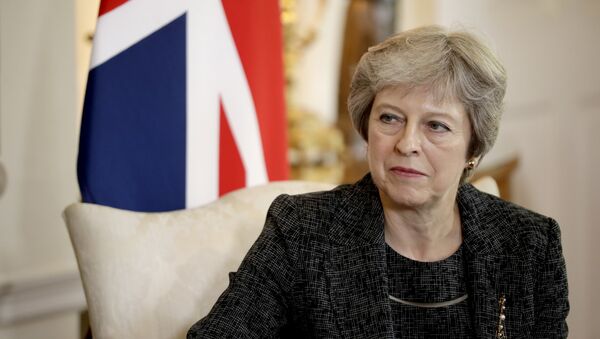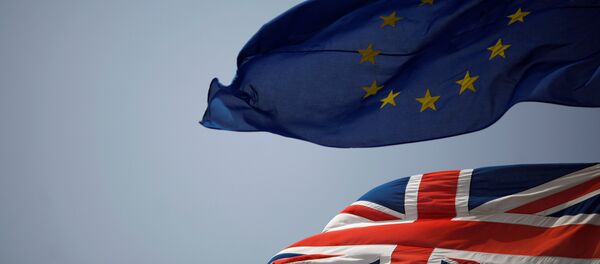The Prime Minister hinted that the government will apply a system which treats all migrants equally regardless of which country they came from. Speaking to the BBC program Panorama, May suggested that she is “very clear about the message from the British people.”
READ MORE: What to Expect When Brexiting: Prognosis for British Currency, Economy Response
"It was they didn’t want a situation where they could see people coming from the European Union having those automatic rights in terms of coming here to the United Kingdom, and a set of rules for people outside the European Union,” she said, also noting that they are putting together a set of rules for people both inside and outside European Union.
Shortly after his appointment, Javid said his goal is to “have a strategy in place about making sure we have an immigration policy which is fair and treats people with respect and decency. That will be one of my most urgent tasks.”
Brexiteers in the Cabinet also showed their concerns about UK's future immigration plans. MP Liam Fox recently suggested the UK could use the end of freedom of movement as a “tool” to attract more international investment to the UK.
“From the points I have been making, it’s very clear that it has its advantages, not just in terms of stopping public services being used by those who haven’t contributed, but it can be an extra tool in the box when it comes to future trade negotiations with other countries,” he said.
According to the Express information, Net migration fell below 250,000 for the first time in three years, yet remaining above the promised 100,000 target set by David Cameron back in 2010. May reportedly wants to get the net migration even lower by 2022, however the future of the new immigration policy is unclear, as May’s remarks came before a major new report by the Migration Advisory Council which had been tasked by the Prime Minister with evaluating the state of the UK economy and determining the needs and suggestions for the post-Brexit immigration system.




